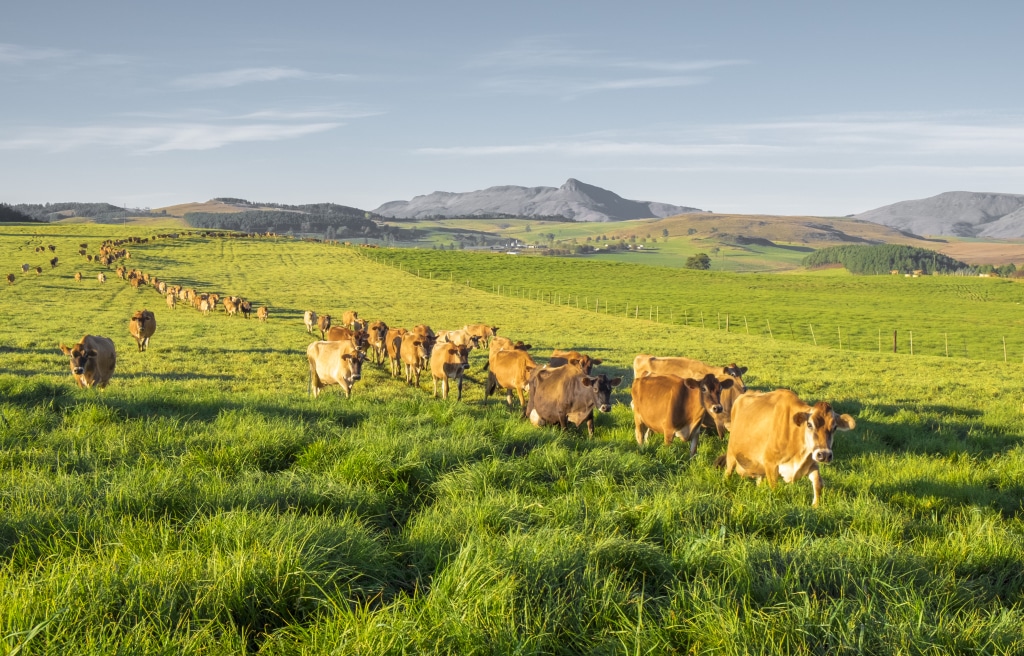It is an initiative that will help tackle methane pollution around the world. The newly established Global Methane Hub aims to support countries around the world, including African countries, in their efforts to reduce methane emissions. Continuing the mission of the Global Methane Initiative (GMI), the new hub will provide grants and technical assistance for the implementation of the Global Methane Pledge.
Officially launched by the United States of America and the European Union (EU) at the 2021 Glasgow Climate Change Conference (COP26), the Global Methane Pledge aims to reduce global methane emissions to maintain the goal of limiting warming to 1.5°C. In total, more than 100 countries representing 70% of the world’s economy have committed to reducing their methane emissions by 30% by 2030.
340 million in philanthropic funding
To achieve its mission, the Global Methane Hub will need to raise $340 million in philanthropic funding. Marcelo Mena, former Chilean Minister of the Environment and Director of the Climate Action Centre at the Pontifical Catholic University of Valparaíso, will lead the centre.
Methane (CH4), along with carbon dioxide (CO2), is the main greenhouse gas (GHG) responsible for global warming. According to the United Nations Environment Programme (UNEP), agriculture is the predominant source of methane emissions in the world.
Read also- TUNISIA: in Sfax, a plant will convert household waste into methane
Emissions from livestock, from manure and gastrointestinal discharges, account for about 32% of human methane emissions. Population growth, economic development and urban migration have stimulated an unprecedented demand for animal protein and, with the world’s population approaching 10 billion, this demand is expected to increase by 70% by 2050 according to UNEP.
Africa’s contribution
However, agricultural methane does not only come from animals. Rice paddies, which require fields to be flooded and prevent oxygen from entering the soil, thus creating ideal conditions for methane-emitting bacteria, account for a further 8% of emissions from human activity. And Africa is a major contributor to methane emissions.
A study published by the European Geosciences Union (EGU) in 2019 looked at methane emissions between 2010 and 2016. Over this period, sub-Saharan Africa was responsible for one third of methane emissions.
Jean Marie Takouleu
